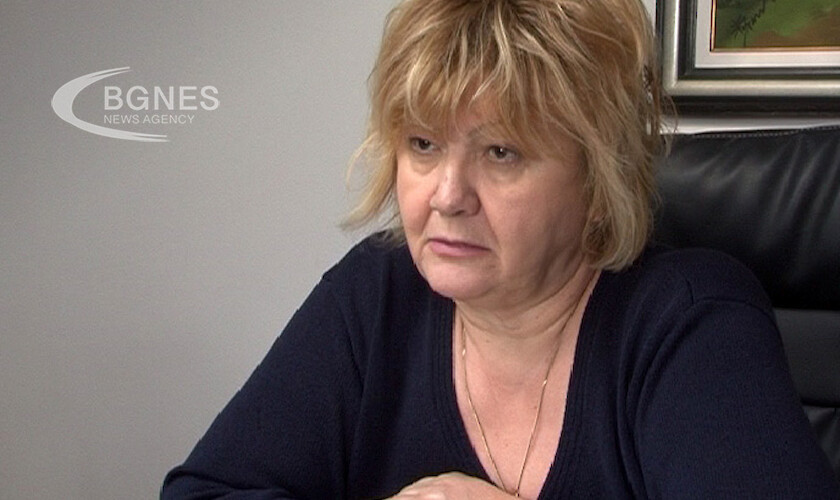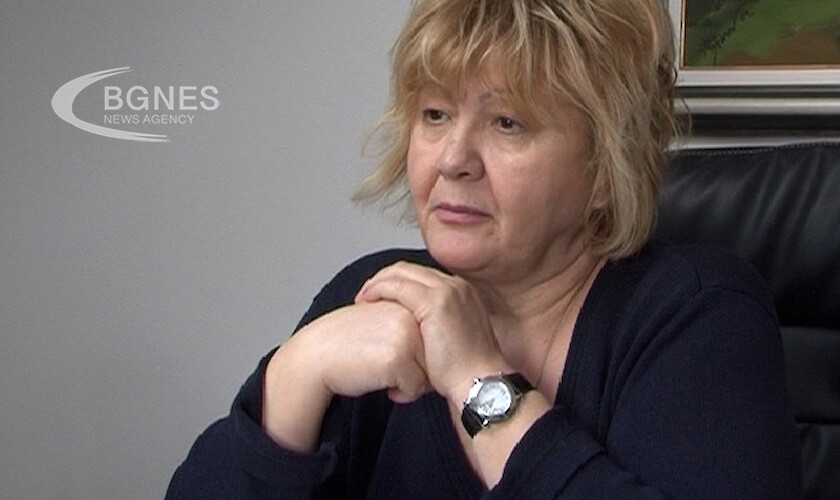Rada Trajkovic: Vucic is undermining institutions, He governs through criminal groups
Serbs in Kosovo are being used as political leverage instead of their real needs being met in a meaningful way.
Aleksandar Vucic has usurped and eroded all institutions. He lacks a clear political vision, apart from his preference for governing through informal (often criminal) groups.
Russia promotes its destabilising narrative wherever it can.
This is what Rada Trajkovic, president of the European Movement of Serbs in Kosovo, said in an interview with BGNES.

In recent weeks, tensions in northern Kosovo have escalated thanks to Belgrade. These tensions culminated on 24 September when a group of armed Serbs attacked and killed a policeman in northern Kosovo. The Kosovo authorities subsequently discovered a large quantity of weapons stored in several caches.
We spoke with Rada Trajkovic about the causes of the tensions and the impact of Aleksandar Vucic's policies on the region.
Asked by BGNES whether the Serbian president's policies are helping Serbs in Kosovo or whether he is trying to use them as political leverage, Trajkovic said all autocrats use excluded groups for their own political aims and to consolidate their power.
"Unfortunately, this is especially true in any territory where there is a lack of security. So yes, I would say that Serbs in Kosovo are being used as political leverage instead of having their real needs met in a meaningful way by Belgrade or Pristina," Trajkovic stressed.
She noted that Milan Radojcic (one of Vucic's closest people - ed.) himself had taken full responsibility for the events in Banska and recalled that the Serbian List party continues to support him.
"As for the Serbian List, he resigned as its vice-president, but none of the Serbian List representatives distanced themselves from him in any way. Therefore, the obvious conclusion is that all of them still support him. Radojcic cannot have a future in the politics of any pro-European country," Trajkovic said.
Regarding the similarities between Vucic's rule and that of war criminal Slobodan Milosevic in the past, Trajkovic noted that Milosevic had a much stronger institutional basis for his rule and a more seriously considered political approach.
"His approach was wrong, but it was still more well calculated. Vucic, on the other hand, usurped and eroded all institutions. He lacks a clear political vision, apart from his preference for governing through informal (often criminal) groups," she said.

"Unfortunately, he has allowed criminal elements to infiltrate our security institutions and take over them. And this was completely devastating for Serbia," Trajkovic added.
In her view, Russia promotes its destabilising narrative wherever it can.
"If we do not take a clear stand against destabilisation and recognise the malign influences on our political interactions, we will find ourselves in a serious regional problem," Trajkovic stated. She pointed out that the pan-Albanianism is also a serious challenge facing our multi-ethnic region. "Such challenges are precisely the reason why we need a NATO presence in the region, as well as full regional membership in the Alliance," Trajkovic said.
In her words, with the reinforcement of the KFOR (NATO Peacekeeping Force - ed.) in Kosovo, the risk of a new military conflict in the Balkans has been mitigated.
"Now we have only political issues on our agenda - the most important one is the status of Serbs in Kosovo, which Pristina still avoids addressing in a substantive way," Trajkovic said. /BGNES




